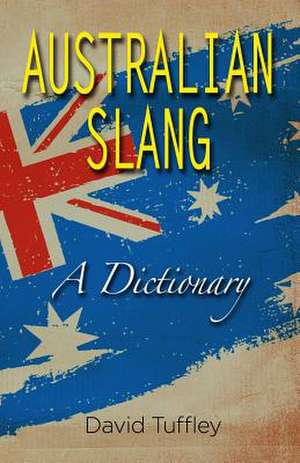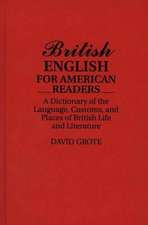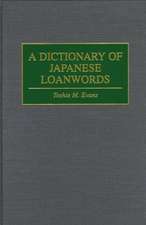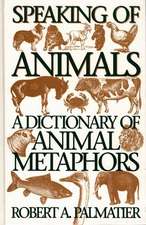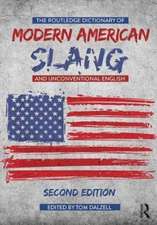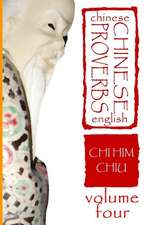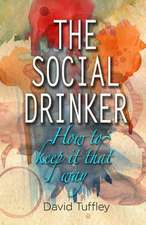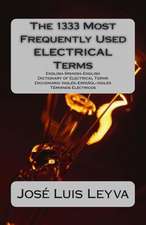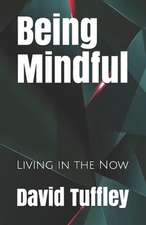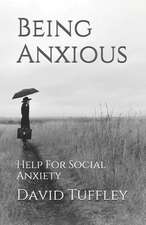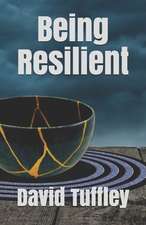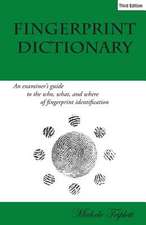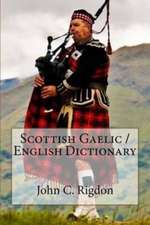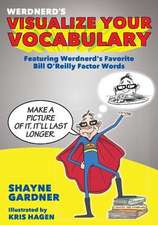Australian Slang
Autor David Tuffleyen Limba Engleză Paperback
Preț: 105.65 lei
Nou
Puncte Express: 158
Preț estimativ în valută:
20.22€ • 21.16$ • 16.73£
20.22€ • 21.16$ • 16.73£
Carte tipărită la comandă
Livrare economică 07-21 aprilie
Preluare comenzi: 021 569.72.76
Specificații
ISBN-13: 9781477536803
ISBN-10: 1477536809
Pagini: 84
Dimensiuni: 140 x 216 x 4 mm
Greutate: 0.13 kg
Editura: CreateSpace Independent Publishing Platform
ISBN-10: 1477536809
Pagini: 84
Dimensiuni: 140 x 216 x 4 mm
Greutate: 0.13 kg
Editura: CreateSpace Independent Publishing Platform
